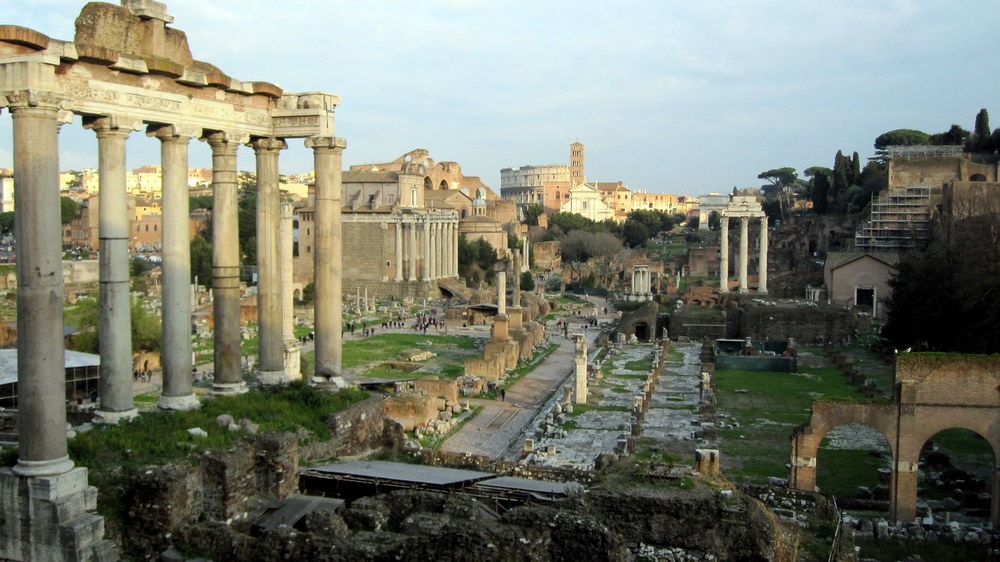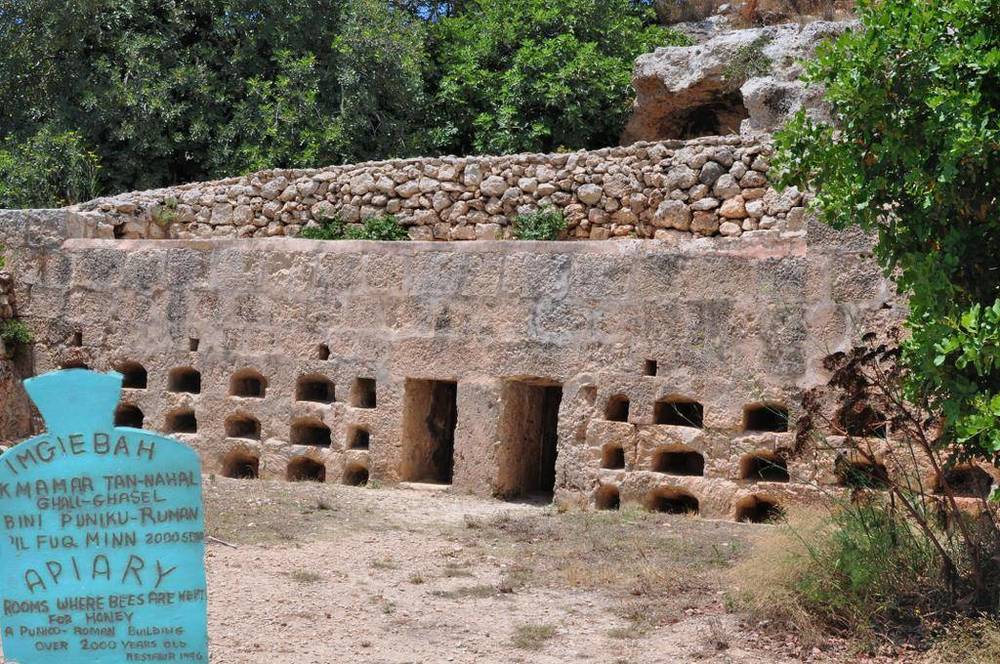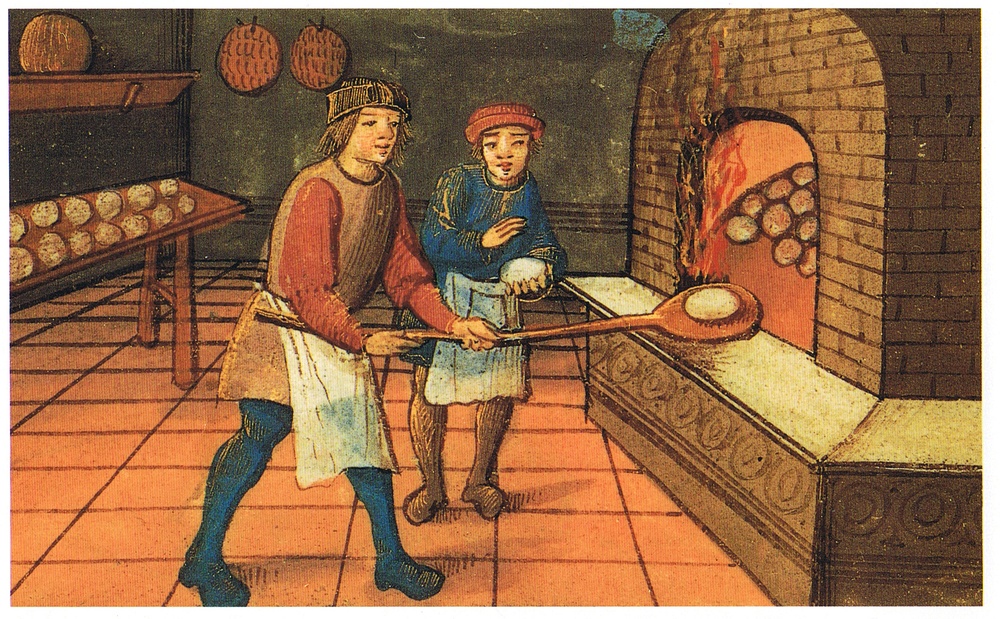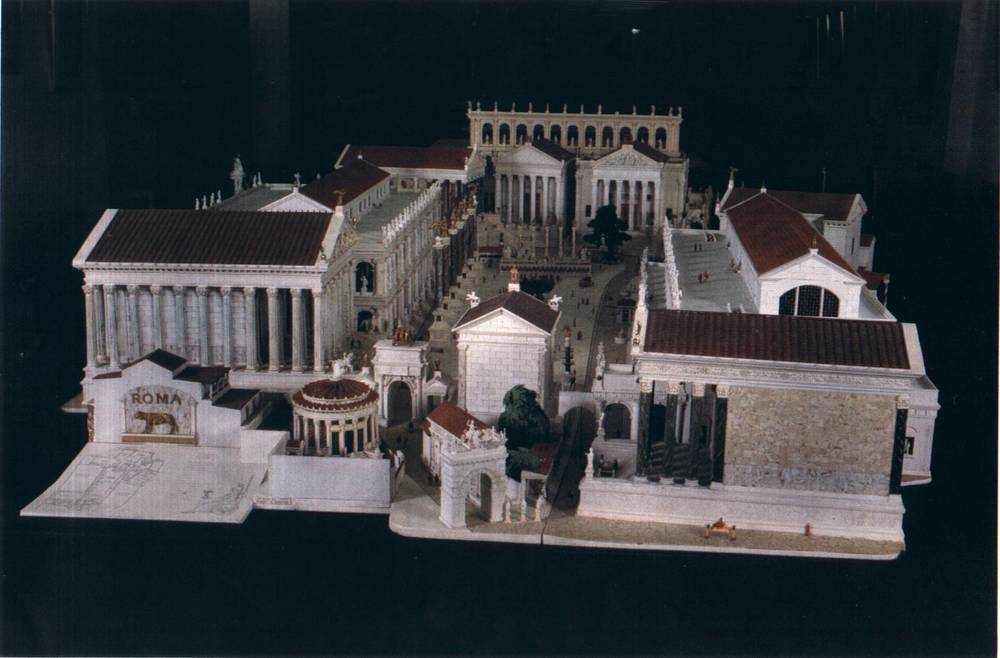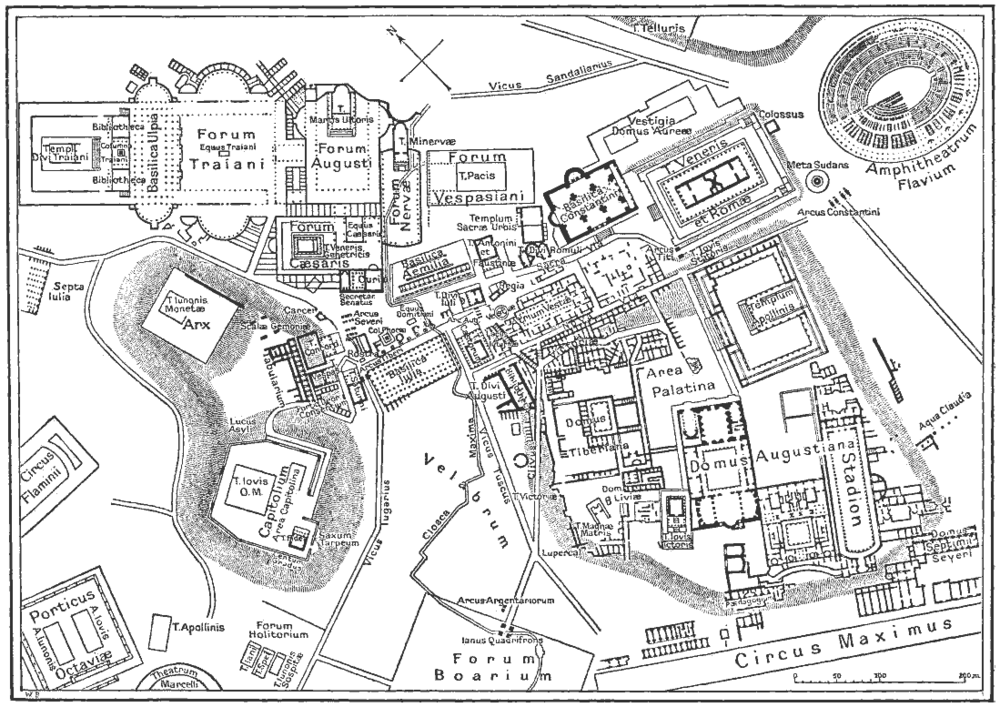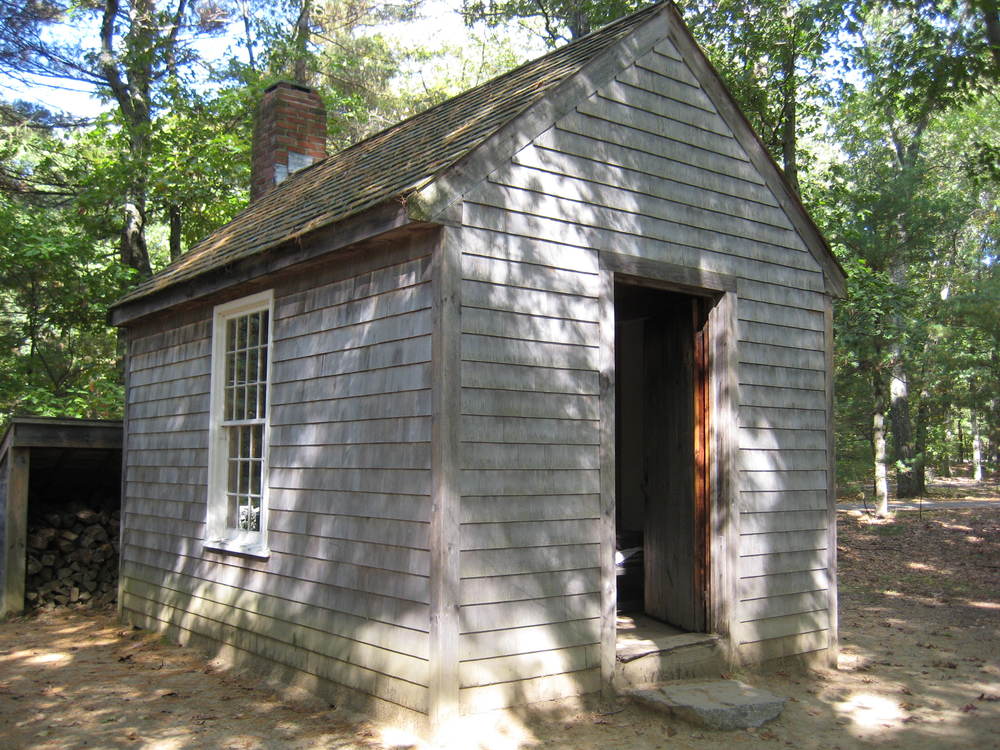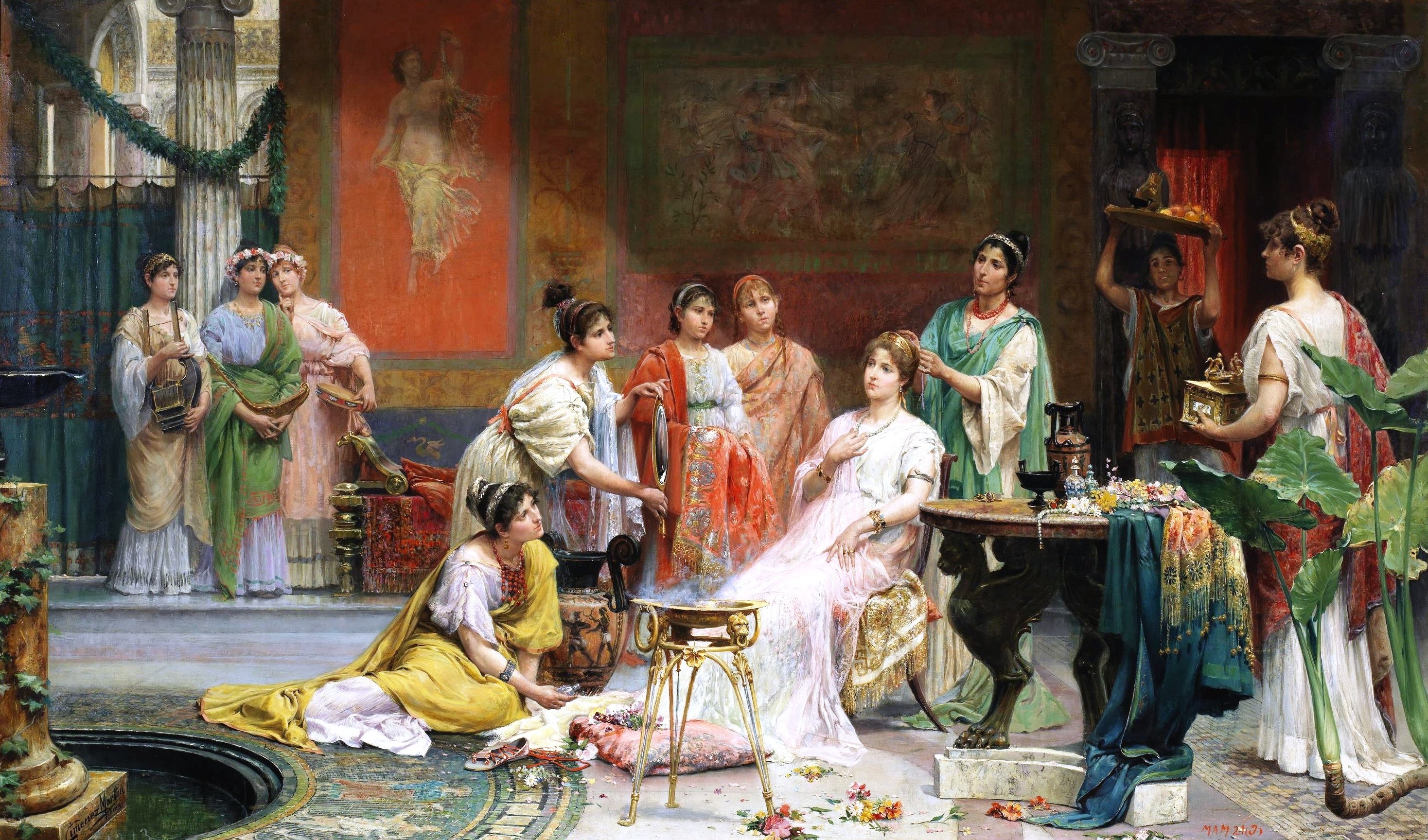
Women have been using makeup for thousands of years and beauty in Ancient Rome was just as important as it is today. Just as we do, they even had books that helped women stay on top of beauty trends. Many of you might be familiar with the poet Ovid’s Metamorphoses and Amores but I would bet you’ve not heard of his Medicamina Faciei Femineae or Women’s Facial Cosmetics, sometimes seen as The Art of Beauty. The fragment we have from this book (see the link above) is fascinating, offering up three and a half beauty tips for Roman women. The first is a lengthy and messy recipe on how to make your skin whiter. The second recipe on getting rid of pimples would, as we know now, kill you slowly over time. I imagine that many women paid such a high price to be beautiful:

